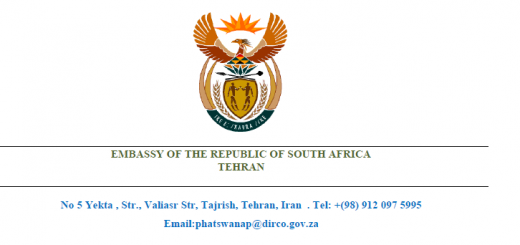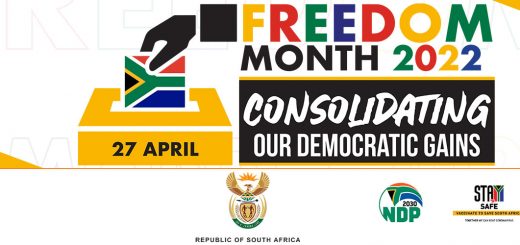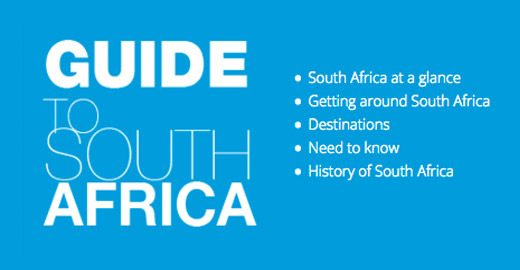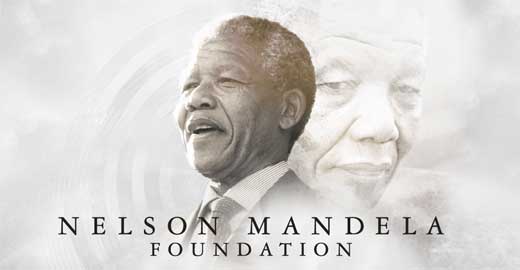BRICS collaboration helps find solutions for challenges facing Global South
04 Apr 2023
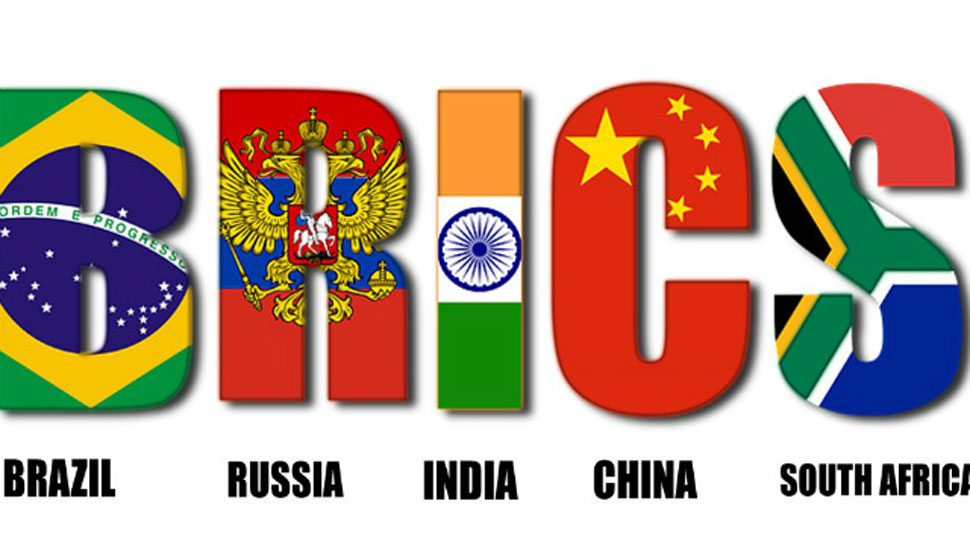
South Africa is committed to building a partnership between BRICS and Africa to unlock mutually beneficial opportunities for increased trade, investment and infrastructure development.
South Africa has taken up the Chair of the BRICS grouping at a time of momentous shifts in global geopolitics. BRICS — the group of leading emerging markets and developing countries, namely Brazil, Russia, India, China, South Africa — are eager to find solutions to the myriad of challenges that face the developing world.
Together we have forged a comprehensive strategic partnership that seeks to unlock funding to address immediate imperatives such as building infrastructure, growing regional value chains, and localising production.
The grouping has already made great strides in opening doors to significantly higher levels of trade and investment within the Global South.
For South Africa, the benefits of BRICS membership are undeniable. Total South African trade with BRICS increased from R487-billion in 2017 to R702-billion in 2021. The New Development Bank (NDB) has to date approved 11 projects in South Africa valued at around $5.4-billion to improve service delivery in critical areas.
Such access to finance is in keeping with our national interest of urgently addressing the triple challenges of poverty, underdevelopment, and unemployment in our country.
While the economic agenda is at the heart of the BRICS partnership, the core members are also committed to a transformative agenda that seeks to realise a more equitable, balanced and representative global governance system.
There is an urgent need to strengthen multilateralism, including working towards the real reform of the United Nations and the World Trade Organization. While multilateral cooperation in the post-World War 2 era has been imperfect, it has averted direct military conflict between major powers, and spurred nations to recognise and take joint action to address international sustainable development and human rights challenges.
Unfortunately, a steady erosion of trust and competition between states has weakened the ability of the international community to work together to address shared challenges.
The obstacles we are facing include growing unilateralism, geopolitical rivalries, violations of international law, and the application of double standards. There has also been a proliferation of alternate forums outside of established multilateral processes where decisions are taken by the few, thereby disenfranchising the many.
Multilateralism — the notion of collective solutions — must be at the heart of the engagement between member states. The UN must remain the centrepiece of multilateralism and be modernised to make it fit-for-purpose and more effective, forward-looking, inclusive and representative of current geopolitical relations.
The rising importance of the BRICS, a collective of the global South, is increasingly evident. According to Megh Updates, one of the world’s largest international online platforms, BRICS has officially overtaken the G7 in global GDP, and the trend is set to continue.
The five core members of BRICS contribute 31.5% of global GDP, while the G7 contributes 30%. BRICS is expected to contribute over 50% of global GDP by 2030, and this may happen even sooner with enlargement of the grouping.
There has been growing interest by members of the international community to join BRICS, moving us closer to a multi-polar world order. In a vote of confidence that BRICS has stayed true to its core values of taking care of the interests of the global South, at least 12 countries have written to South Africa expressing an interest in joining BRICS, and this year’s discussions will hopefully take this matter forward.
The BRICS New Development Bank (NDB) has welcomed Bangladesh, Egypt, and the United Arab Emirates as members, and Uruguay is expected to deposit its instruments of accession. The NDB is positioned as a preferred global financing mechanism for emerging markets and developing countries.
The NDB supports the development of financial markets in member states and aims to provide financing in both local and hard currencies. The NDB has an AA+ credit rating and plays a role in providing financial support to build infrastructure, ensure sustainable development, and enhance equity in power-sharing. The NDB has to date approved 80 investment projects in all member countries for a total amount exceeding $30-billion.
In South Africa, the NDB approved the financing of a $180-million project that will add 1,000 MVA transmission transformer capacity, and 352.5km of transmission lines. In India, construction works financed by the NDB have rebuilt or upgraded about 1,215km of road length, benefitting 917 villages. In Brazil, NDB loans have financed double-tracking and the remodelling of the Carajas Railway, and the expansion of the Ponta da Madeira Port Terminal.
BRICS members are keen to see the restructuring of the global financial architecture and will further explore the option of trading in our local currencies and developing an alternative to the Swift banking system.
South Africa consistently uses its membership of key global multilateral bodies to advance the AU’s African agenda and key interests of the continent. Thus, the theme we chose for chairing BRICS this year is “BRICS and Africa: Partnership for Mutually Accelerated Growth, Sustainable Development and Inclusive Multilateralism.”
It is our firm belief that there are immense opportunities for BRICS to participate in the African Continental Free Trade Area (AfCFTA) by locating production and service activities on the continent and partnering with local companies and entrepreneurs.
The AfCFTA is an ambitious economic initiative of the African Union (AU) that seeks to address the challenge of Africa’s low level of participation in the global economy and world trade (which stands at 3%) relative to its population (around 17% of the world population).
It is the flagship project of the AU’s Agenda 2063 which aims to build an integrated African market of over one billion people with a combined GDP of approximately $3.3-trillion. The AfCFTA is anchored on the development integration approach using market integration, infrastructure development, and industrial development to boost intra-Africa trade and sustainable economic growth.
The AfCFTA is expected to stimulate Africa’s industrial development and employment. The successful implementation of AfCFTA is expected to lead to the diversification of exports, increased productive capacity, entrepreneurial opportunities, technology transfer, employment opportunities, broadening economic inclusion and acceleration of growth.
South Africa is committed to building a partnership between BRICS and Africa to unlock mutually beneficial opportunities for increased trade, investment and infrastructure development. It is for this reason that we have invited the chairs of the African regional economic communities to attend the BRICS summit, as well as the chair of the African Union. There is a great deal that we can accomplish as BRICS to the benefit of the African continent and the Global South. It is time to capitalise on the immense trade and investment opportunities that exist in emerging markets, and work towards making our economies more self-reliant and prosperous for the good of our people.



